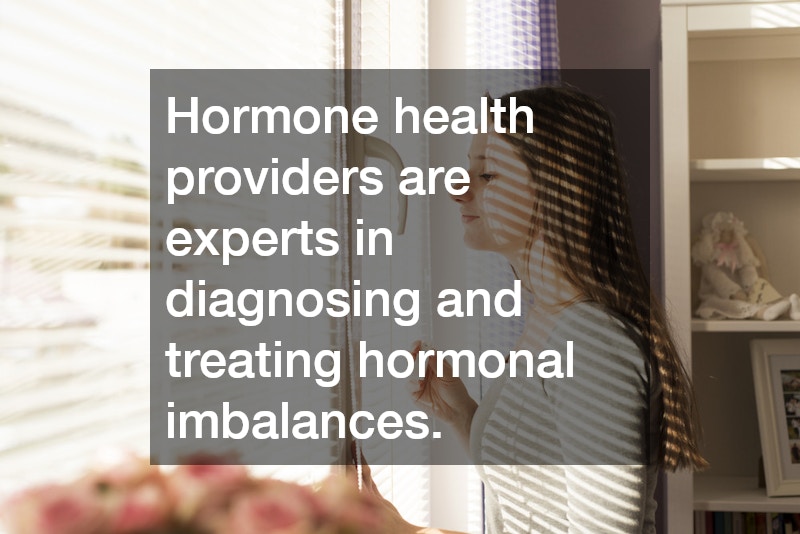
Hormones play a vital role in maintaining your overall health and well-being. These chemical messengers regulate everything from your mood and energy levels to metabolism, sleep patterns, and reproductive health. When your hormone levels are out of balance, it can lead to various health issues that affect your quality of life. Understanding the importance of hormone health and working with qualified hormone health providers can help you take control of your health and restore balance.
1. What Are Hormones and Why Are They Important?
Hormones are produced by glands in the endocrine system and travel through your bloodstream to tissues and organs, where they regulate a wide range of bodily functions. Hormones such as estrogen, testosterone, cortisol, insulin, and thyroid hormones play essential roles in regulating metabolism, mood, energy levels, and even growth and development.
When your hormones are in balance, your body functions properly, but when they are imbalanced, it can lead to physical and emotional health issues.
2. Signs of Hormonal Imbalance
Hormonal imbalances can manifest in different ways, depending on which hormones are affected. Common signs of hormonal imbalance include unexplained weight gain or loss, fatigue, mood swings, anxiety, depression, sleep disturbances, low libido, and changes in skin or hair health. Women may experience irregular menstrual cycles or menopausal symptoms, while men might notice changes in muscle mass or energy levels. If you are experiencing any of these symptoms, it’s essential to consult with hormone health providers who can assess your hormone levels and help identify the root cause of the imbalance.
3. Causes of Hormonal Imbalance
Hormonal imbalances can be caused by a variety of factors, including aging, stress, poor diet, lack of sleep, and certain medical conditions such as diabetes or thyroid disorders. Women may experience imbalances due to pregnancy, menopause, or polycystic ovary syndrome (PCOS). For men, hormonal changes are often linked to aging and can lead to low testosterone levels. Consulting with hormone health providers is essential to understanding the underlying causes of any imbalance and determining the best treatment plan.
4. How Hormone Health Providers Can Help
Hormone health providers are experts in diagnosing and treating hormonal imbalances. They use various methods to assess your hormone levels, including blood tests, saliva tests, and symptom analysis. Based on the results, they can recommend treatments such as hormone replacement therapy (HRT), lifestyle changes, or dietary adjustments. These personalized treatments help restore balance to your hormone levels and improve your overall well-being.
.

